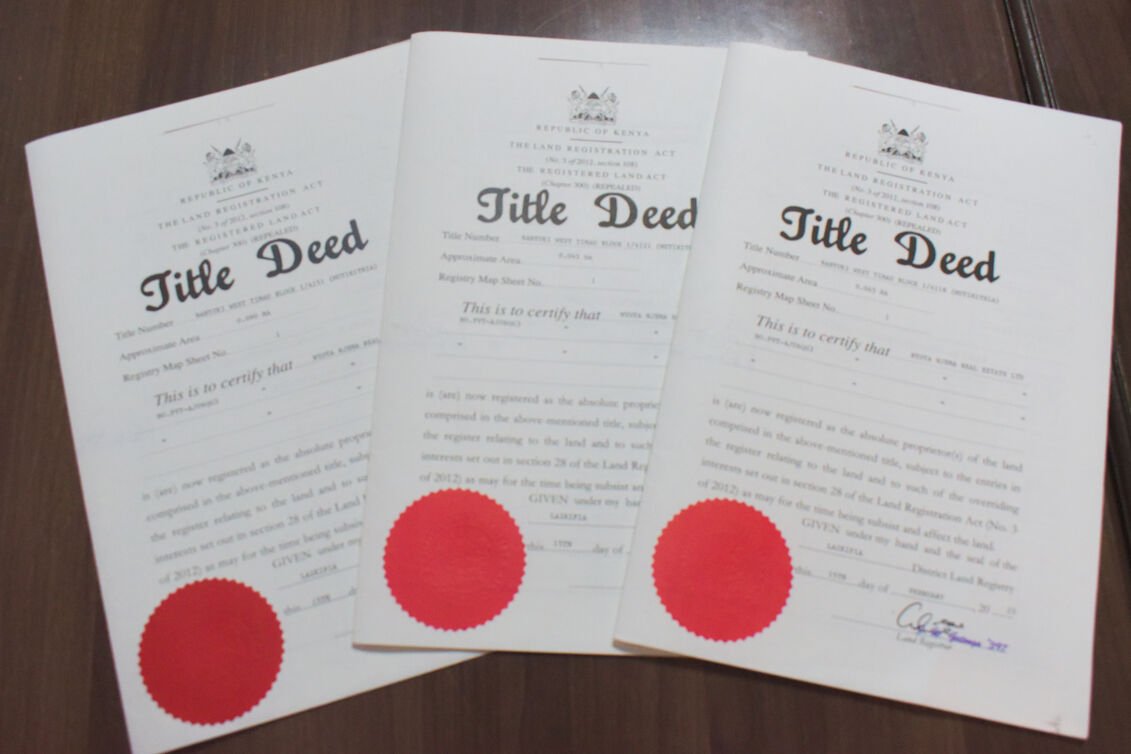How to Buy a House in Kenya:
Buying a house in Kenya can be a rewarding milestone, whether you’re settling down, investing, or returning from the diaspora. But with property scams on the rise and complex paperwork, it’s essential to follow the right steps. This simple, up-to-date guide walks you through how to buy a house in Kenya safely, legally, and confidently.
Step 1: Set Your Budget & Get Financing For a House
Before house hunting, know what you can afford. Consider:
- Deposit (20–30% for mortgages)
- Mortgage payments (if applicable)
- Additional costs: stamp duty, legal fees, valuation
Financing options:
- Banks: KCB, Equity, Co-op Bank offer home loans (up to 80% financing).
- SACCOs: Popular for lower interest rates (e.g., Stima, Harambee).
- Cash purchase: Fastest and most secure option.
💡 Tip: Get pre-approved for a mortgage to know your limit and stand out to sellers.

Step 2: Choose the Right Location
Popular and secure areas include:
- Nairobi: Karen, Runda, Lavington, Gigiri (expat-friendly)
- Coast: Nyali, Bamburi, Diani (beach homes & rentals)
- Rift Valley: Naivasha, Nakuru (affordable & growing)
- Upcoming hubs: Konza City, Tatu City (planned communities)
Consider proximity to work, schools, security, and resale value.
Step 3: Work with Licensed Professionals
Never go it alone. Hire:
- A registered real estate agent – to find verified listings.
- A property lawyer – to conduct due diligence and handle legal transfer.
Verify their license with the Law Society of Kenya (LSK) or Institute of Surveyors of Kenya (ISK).
Step 4: Conduct Due Diligence (Most Important!)
This step protects you from fraud. Your lawyer should:
- Perform a land search at the Ministry of Lands to confirm ownership.
- Check the title deed (e.g., Individual, Sublease, or Strata).
- Confirm no liens, charges, or court cases on the property.
- Verify land rates and service charges are up to date.
⚠️ Red flags: Seller won’t allow a land search, offers “off-plan” units with no title, or pressures quick payment.

Step 5: Sign the Sale Agreement
Once satisfied, sign a Sale Agreement that includes:
- Full property description
- Purchase price
- Deposit amount (usually 10%)
- Completion date
- Terms of payment
The deposit is held in escrow until transfer is complete.
Step 6: Complete Payment & Transfer
- Pay the balance (via bank transfer—never cash).
- Your lawyer submits documents to the Lands Registry.
- Pay stamp duty (4–6% of value) and legal fees.
- Wait 4–12 weeks for the title to be transferred and registered in your name.
Once done, you’ll receive an updated title deed with your name.

Key Tips for a Safe Purchase
- Avoid “too good to be true” deals.
- Never skip the land search.
- Use escrow services for payments.
- Buy from reputable developers with physical projects.
- For foreigners: You can own property on leasehold (up to 99 years), but not freehold or agricultural land.
Frequently Asked Questions (FAQs)
Q: Can a foreigner buy a house in Kenya?
A: Yes, but only on leasehold (long-term lease). Freehold ownership is mostly for Kenyan citizens.
Q: How long does it take to buy a house in Kenya?
A: Typically 6–12 weeks, depending on financing and registration delays.
Q: What documents do I need to buy a house?
A: Valid ID (or passport), KRA PIN, bank statements, and proof of income (for mortgages).

